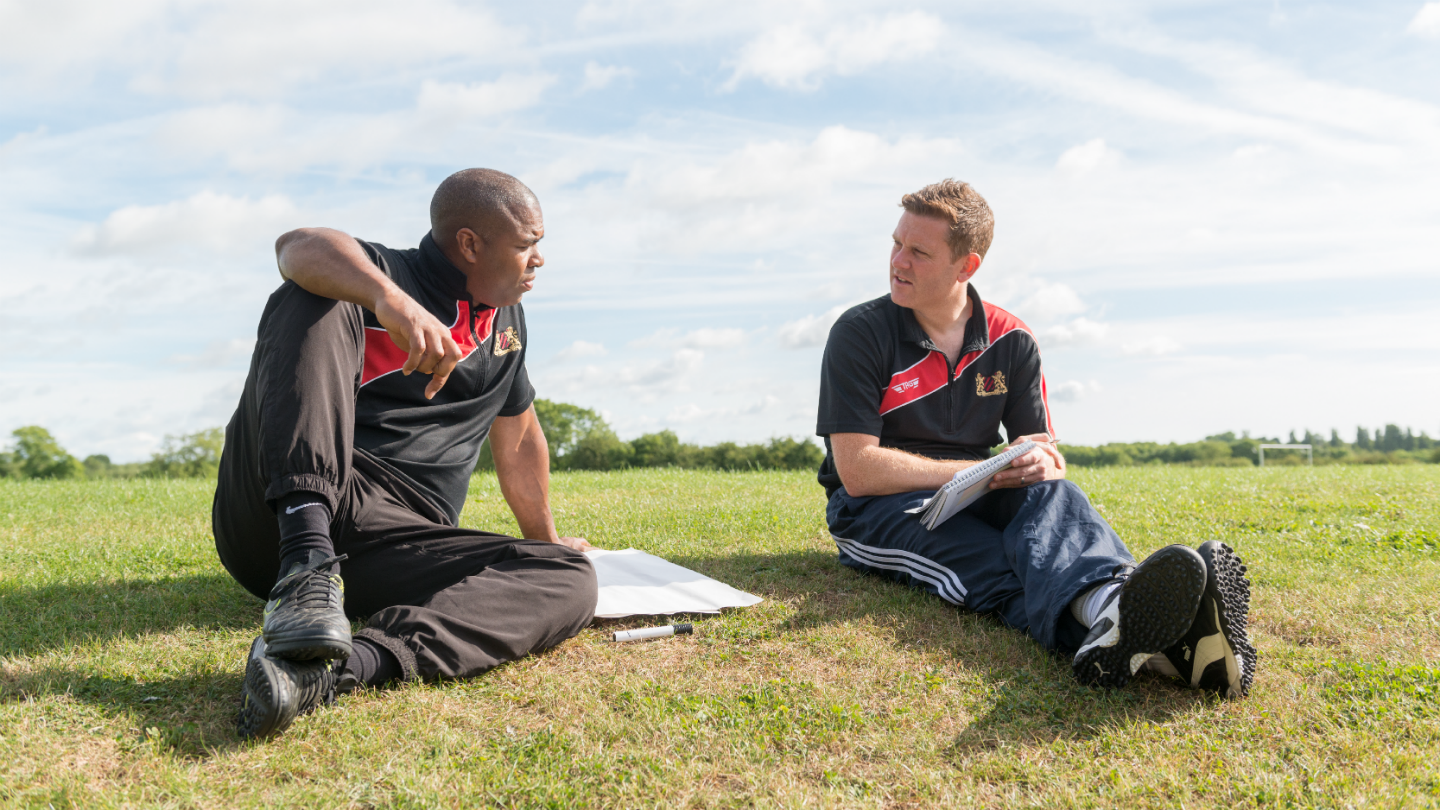
10 top tips for better reflection
- The Boot Room
- 31 May 2017
FA regional PE coordinators, Chris Welburn and Chris Brammall, outline ten top tips to help you reflect on your coaching.
1. Understand why to reflect
Effective reflection allows you to examine and explore your experience of being a coach and all that it entails. This can help lead to a new understanding and appreciation of your role and help make positive changes to your coaching style, interventions, and how you interact with your players and significant others at your club.
2. Narrow your focus
If you try to think about too many things as a coach you are likely to miss key opportunities to reflect. Choose a particular ‘attentional focus’ and stick to it. Areas to focus on may include: player needs, the training environment, communication skills, how you seek feedback and how you approach matchday.
3. Use the England DNA coaching fundamentals
If you are struggling to find focus for your reflection try using the England DNA coaching fundamentals to help narrow your focus. For example, did you design the practice to enable the players to make lots of decisions? What was the ball rolling time in the session?
4. Find critical friends
Once you have an area of ‘attentional focus’ ask players, parents, other coaches, a critical friend or a mentor to feedback on that aspect of your training session or matchday. Also seek opportunities to video your coaching sessions. Try capturing your sessions on a smart phone, tablet or Go Pro.
5. Consider your blind spots
A blind spot is a habit or way of behaving that everyone knows about you, except perhaps you. Seek feedback from everyone involved in your team to help you become aware of your blind spots and challenge yourself to eradicate these.
6. Have objectives to review against
Set individual and collective learning objectives for the players that link training and matchdays – this will help you reflect on whether you have achieved these aims. Using the FA Four Corner Player Development Model will help. Look at the characteristics of your players across the four corners and build individual objectives and challenges.
7. Put time aside
There is no one correct time to reflect - all coaches are different and have different ways of reflecting. Think about the best time for you to reflect and stick to that plan regularly. This could be reflecting whilst driving or walking the dog, by writing notes or by creating opportunities to seek feedback from players at training and games.
8. Reflect on your knowledge of the game
During the summer break from training and fixtures, engage in some research and make a list of the components that are considered to make up the technical/tactical, physical, social and psychological aspects of the game and reflect on your knowledge of these areas. How and when will you build this into your training programme for next season?
9. Understand your players
Similar to the above, use the off-season to consider: what engages and motivates your players? Who needs help developing their self-esteem and confidence? Create player profiles about what each player is good at, what they need support with or what they would like to improve on. Use this reflection to plan for next season.
10. Improve your ability to reflect
To help you deepen your reflective practice, consider some of the following:
- move from no questions, to asking questions
- work towards questions with answers
- detach yourself from the event
- self-question and self-challenge
- be aware of emotional influences and feelings
- relate to prior experiences
- share the process with others, taking advice and opinions
- reflect in a critical manner
- move from describing events to analysing them.


